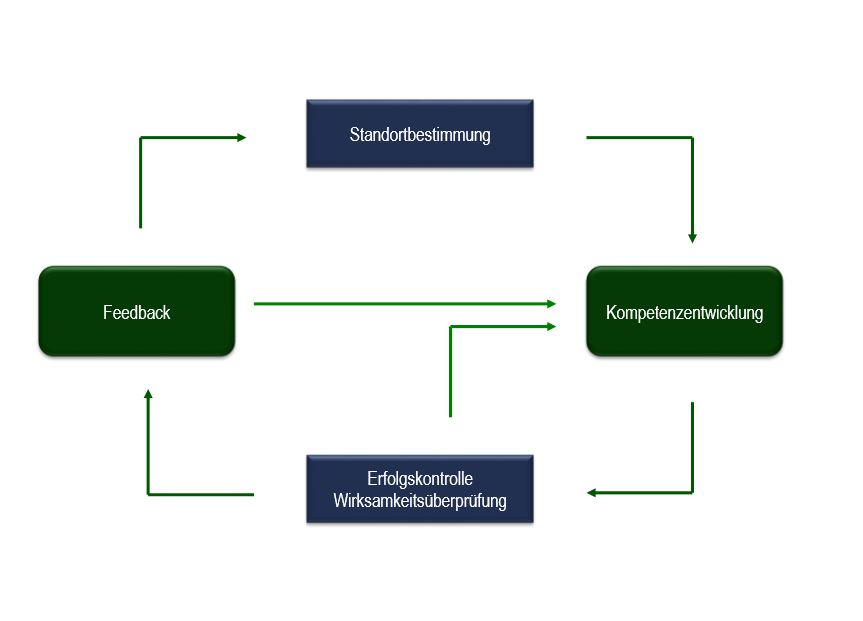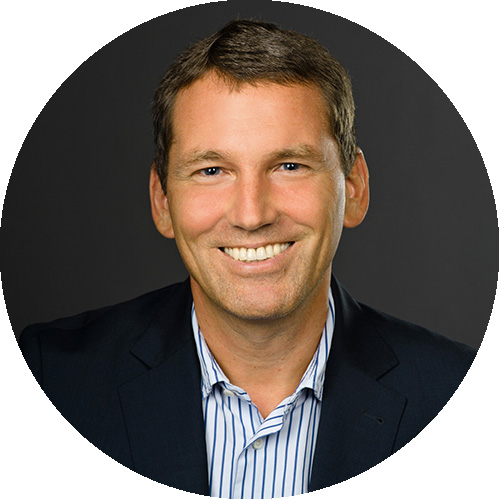
Personnel developers as trusted guides
Impuls Series - The Future of Workplace Learning
Part 3 with Marina Begic (Digital Business Development Expert and Senior L&D Consultant) and co-author Stefan Diepolder (Content Curator and Digital Learning Expert)
Our Digital Business Development Expert and Senior L&D Consultant Marina Begic is currently focusing intensively on “The Future of Workplace Learning”.
Fast and targeted learning, especially for leaders, is becoming increasingly important in an intensifying digital and agile world. Therefore, Marina shared her personal learnings with us in Part 1: “Digitization Boost” and Part 2: “Self-directed learning needs more than just an LMS!”
By the way, we’ll soon continue with part 4!
Hey, Marina is a member of our LinkedIn expert group
If you would like to exchange thoughts and ideas about “Agile Leadership Development”, please send us a request. We are looking forward to you and your valuable impulses!
Personnel developers as trusted guides
An international survey by the Corporate Leadership Council reveals that around two-thirds of respondents see the role of personnel development (PE) as having no effective impact on business results, because the measures do not match actual needs and because the company’s challenges are not addressed in a timely manner.
The pandemic has accelerated the need to acquire new skills and competencies. As a result, the role of HR developers becomes even more central than before. Investing in employee development in the workplace would thus have to be a must-do of corporate strategy. According to Mc Kinsey, however, the budget for qualification measures fell during the pandemic for 21 percent of respondents (in Germany, according to the degreed study, even 41%).

How does Learning & Development manage the balancing act
between more precise content in the face of rapidly changing needs and at the same time less budget?
Personnel developers must move much closer to the strategy and the situational needs of the company’s employees. In the future, personnel developers will have the following two main roles:
Learningabler
Trusted Guide
As learning enablers (or technological gatekeepers), they create suitable spaces and provide methods, formats and tools to ensure that knowledge gets to where it is needed quickly and efficiently.
The even more important role is that of the trusted guide or learning curator.
Trusted Guides are human filters, they are competent, trustworthy people through whom we can get fast, competent and straightforward help, who support us in obtaining and verifying relevant information.
How do we find relevant information that really helps us in the increasingly dense information jungle with manageable effort? Who can really help us?
The Learning and Development department must become the first GO-TO address for these challenges.
Personnel developers can act as trusted guides directly on topics for which they themselves are passionate, or indirectly in the empowerment of other internal trusted guides.

In this context, internal Trusted Guides should have authority over content
and with the support of the methodology specialists in the Learning & Development departments, recommend content that can be drawn from different situations and create settings and learning paths that meet the needs of the target groups and enable social exchange
On the one hand, these can be experts or, in particular, leaders. Successful leaders create trust and framework conditions through open spaces and networks so that employees can take responsibility for shaping the company’s development.
Inflexible prefabricated learning programs are insufficient
Inflexible prefabricated learning programs, which are planned and rolled out for two years in advance after a one-year development period, simply no longer meet these requirements.
In addition, 100% suitable content is not always available on the market, and sometimes adaptation is required. To produce the content, you often lack the resources, the time or the skills.
Curation becomes increasingly essential
In the future, curation will therefore become increasingly essential, as the focus will be on merging existing content with new experiences. Or, in other words, on the personalization of knowledge, i.e. the adaptation of content to one’s own needs, the needs of a department, a company, an industry in the open knowledge mindset (freely available and editable knowledge).
The market needs more flexible learning platforms for this purpose
which are not only concerned with searching for and collecting their own content – and subsequently producing content – but also with filtering, organizing and enriching it with other content, i.e. curating. Open Sesame and Microsoft Viva are already moving in this direction, but their potential is far from exhausted.
We will therefore need a combination of agile, supportive learning technology and a new functional understanding of L&D departments supported by trusted guides in order to meet the current and future challenges of learning & development.

Marina Begic
Digital Business Development Expertin und Senior L&D Consultant
Marina has been working on new, effective learning methods and the future of corporate learning for over 15 years. In her current role, she is responsible for Digital Business Development at MDI, where her focus is not driven by the current buzzwords, but primarily on the feasibility of digital transformation for clients such as Erste Group, Lenzing, Semperit, Deutsche Bahn, Andritz AG, Uniqa, Mayr-Melnhof, Frequentis, RHIM. Her greatest strength is bringing loose ends together, which she impressively demonstrates time and time again with her big picture view and multi-dimensional approach. Her greatest passion is to provide learners not only with an experience, but also with real, lasting value for their real challenges.

Stefan Diepolder
Content Curator and Digital Learning Expert
Since my time at university, I have been working on how learning should be stimulated and how (digital) learning spaces should be designed in order to be able to develop competencies and skills efficiently, self-determinedly and effectively. I am particularly interested in the interplay between (analog) social learning processes and methods and digital tools and relevant content, which in most cases can already be found on the internet. My passion is to help people to give back autonomy over their learning, to develop information competence and to be able to make well-informed decisions. To take advantage of the supposed abundance of information on the Internet and find the relevant gems for themselves and pass them on to others. I share how I got to this point in my podcast.
Digital training formats for leadership development
We help make leadership development more agile with our digital training formats:
- E-learnings
- e-consulting
- Blended Learning Journeys
- Virtual Leadership
- virtual reality
- digital learning transfer
– we have just the right thing for your needs!

























